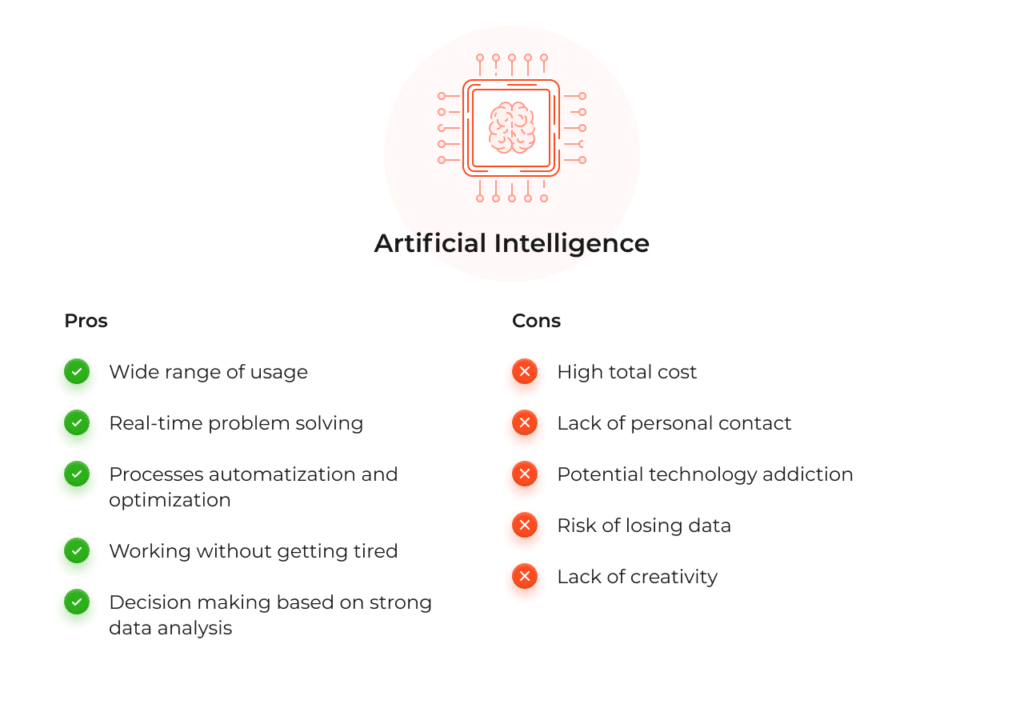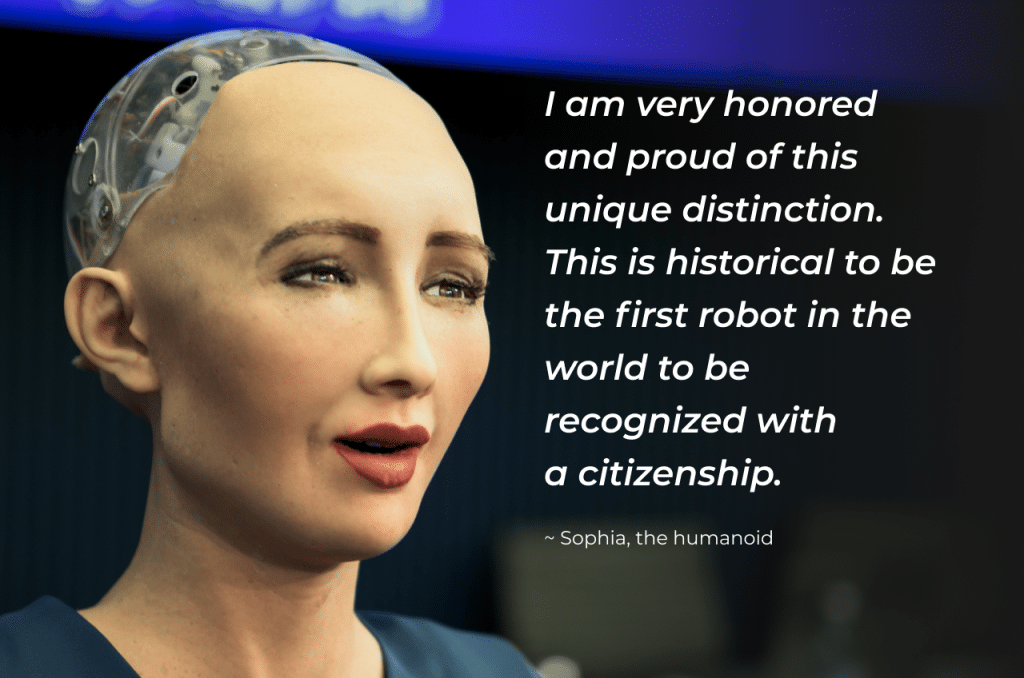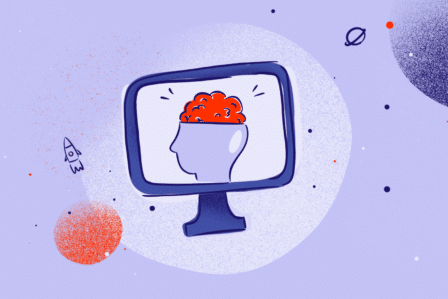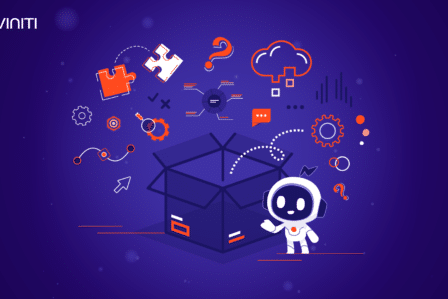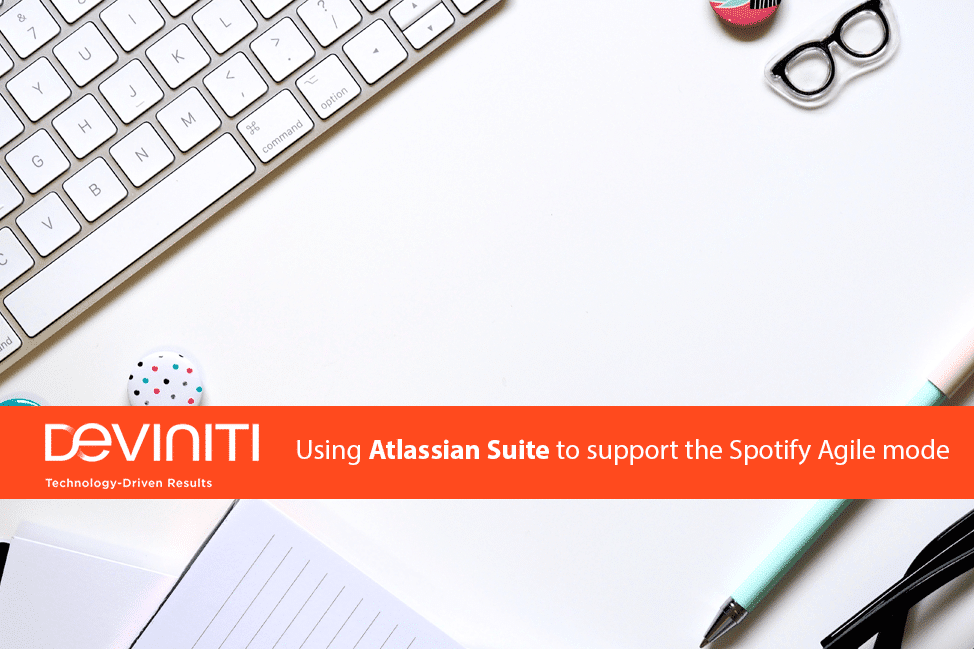What you should know about Artificial Intelligence: a short guide
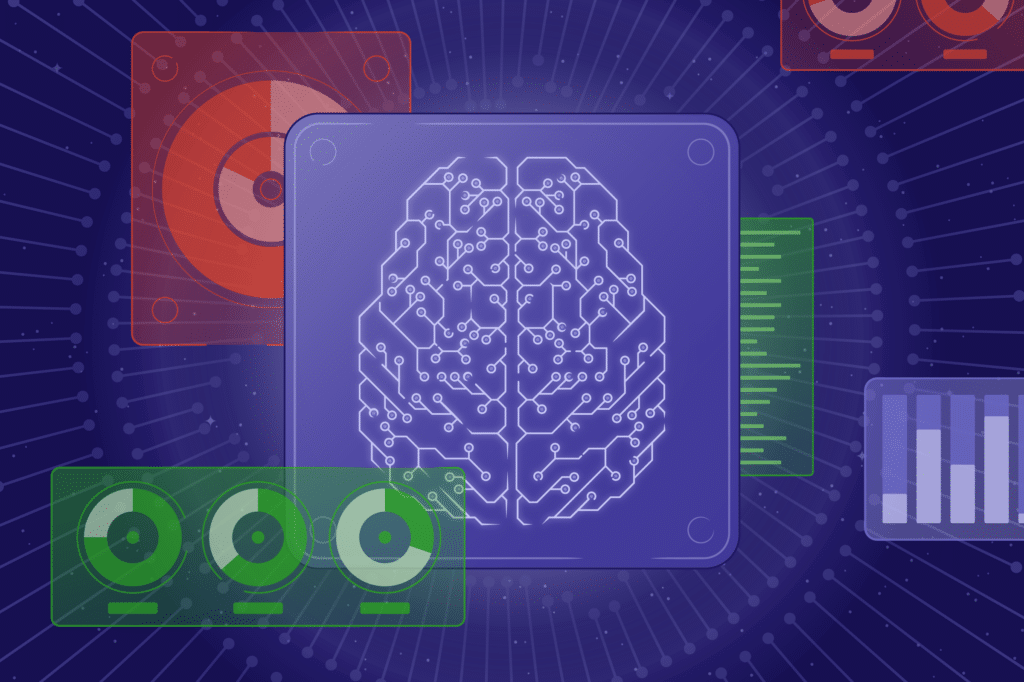
Artificial Intelligence is a buzzword, not only inside the IT world. It’s also included in more and more businesses and industries, such as fintech, healthcare, e-commerce, and even entertainment. But is it just a trend or rather a useful technology? For sure, Artificial Intelligence has permanently entered everyday life and you probably use it even without knowing it. This article introduces everything you need to find out at the beginning of your AI adventure.
What is Artificial Intelligence
The most basic Artificial Intelligence definition is actually learning algorithms or algorithm systems. According to the source, Artificial Intelligence includes evolutionary algorithms, heuristics, genetic algorithms, expert systems, artificial neural networks, and diem logic. To make it simpler – AI is more computational intelligence, based on machine learning, rather than individually thinking computers. So how does AI work? In a nutshell: it performs certain, pre-programmed actions as a result of learning data.
AI pros and cons
The biggest advantage of AI is the wide application possibilities. This technology can be used in many different industries, e.g. healthcare, automotive, and marketing. We can successfully implement AI in the robot software, but also on the website or in the mobile application. In addition, Artificial Intelligence automates repetitive activities, making processes easier, faster, and more efficient.
However, we must remember that AI is just an algorithm and can make mistakes when processing data. You may find that AI doesn’t take into account exceptions that might otherwise be considered by humans. An example is the use of algorithms in recruitment processes. The lack of an appropriate keyword in the CV disqualifies the candidate at an early stage, even though their experience and skills meet the requirements. If such a CV were sent directly to the recruiter, the application would be considered positively for sure.
Artificial Intelligence in everyday life: examples
AI technology is part of our everyday life, even if we’re not aware of it. There are plenty of AI examples, from simple autocorrect in documents or search suggestions, through route planning in navigation, to face recognition and identity confirmation with biometric data. Nowadays Artificial Intelligence is widely used as part of the functionality of mobile applications.
Google Assistant, Alexa, and Siri
The most common example of AI is voice assistants, such as Google Assistant, Alexa, or Siri. They allow us to text, search for information, or interact with apps using natural language. Thanks to Artificial Intelligence, the assistant not only understands the command but also recognizes its owner’s voice. This way, bystanders can’t use our private assistant.
The work management tool by Google – Gsuite – provides us with the function of Optical Character Recognition (OCR) for reading text in photos. Thanks to this technology, we can import the text from the photos and images, scan documents in various formats, such as GIF, JPG, PNG, and TIFF. This system includes also checking the text for the rules of content compliance and controversial content, that has been already used in Gmail. For example, when the OCR will detect the credit card number in the scanned images, after converting the message to text, it will automatically move everything to quarantine.
The OCR function doesn’t only increase our safety but also helps in archiving and cataloging historical documents. We can find a great example in New York, more specifically in the editorial office of the New York Times. During many years they archived dozens of important papers, documents, and photographs. This impressive archive takes up a lot of space and is difficult to catalog and retrieve information, but it must also be admitted that the security of the collected data isn’t always perfect. Thanks to digitization, the archive will survive even potential natural disasters, and the search for information will be much easier.
Product recommendations & e-commerce
According to the KPMG International Report, the pandemic noticeably changed our shopping habits. In the new reality, the price-quality ratio is not as much important as it used to be. We’re paying more attention to personal safety (58% more than in 2019) and the ease of shopping (41% more people in comparison to 2019). Shopping online is safe and easy, that’s why the users prefer to shop in online stores. They also provide access to the entire assortment within a few clicks.
Once you’ve added the item to your shopping cart, you’ll probably see other products that will complement your selection. Or maybe you listened to music via the app and one day you received suggestions for ready-made playlists that fit your music taste? Whether it’s about clothes, books, cars, or services, AI learns users’ choices to recommend options that match their individual preferences. A good example of a product recommendation system is Recommendator. It generates native galleries of products described in the blog article. For example, if the text describes yellow summer dresses, such products will be displayed below.
Artificial Intelligence allows us also to automatically generate texts and articles such as content2commerce or even product descriptions. One of those automatic content generators is Beautymind, which supports e-marketing activities and enriches online stores with various descriptions or multiple articles for customers. You can check the sample blog created using the Beautymind system. Does it mean that copywriters wouldn’t be needed anymore because of AI technology? Of course not! Artificial Intelligence can prepare articles or descriptions but is not able to create specific parts of those texts, as they must be written by real humans first.
Another example of using Artificial Intelligence in e-commerce is AdCarousel – a system for creating and optimizing online advertising. Thanks to innovative algorithms and the ability to make real-time decisions about ad improvements, AdCarousel significantly and automatically increases ad effectiveness. Basing on the CTR, activity, or sales rate, the system can also vary the visibility of created ads, depending on the day, weather, or location. This AI solution is perfect for marketing teams and agencies.
Hug a robot
Artificial Intelligence is using also in health care. During the pandemic, we couldn’t meet in real life with families and friends. Of course, we could talk to each other via Zoom, Facebook Messenger, or other digital tools, but there was one thing that couldn’t be replaced in any possible way. All of us were truly missing physical contact with other people. What’s more – 16% of remote employees report loneliness as their biggest challenge. Isolation has a noticeably negative impact on our health – both physical and psychical. But Artificial Intelligence has the potential to change this inconvenience in the nearest future.
HuggieBot is a huggable robot created by Alexis E. Block and Katherine J. Kuchenbecker. Nowadays it has been improved by researchers at the Max Planck Institute. As we can expect – the main HuggieBots task is simply to hug people. You can teach it how to hug and then send a personalized hug to your friends or family via a mobile application. In the future this solution will be implemented mostly in healthcare, to ease contact with the family for residents of nursing homes and patients in hospitals.
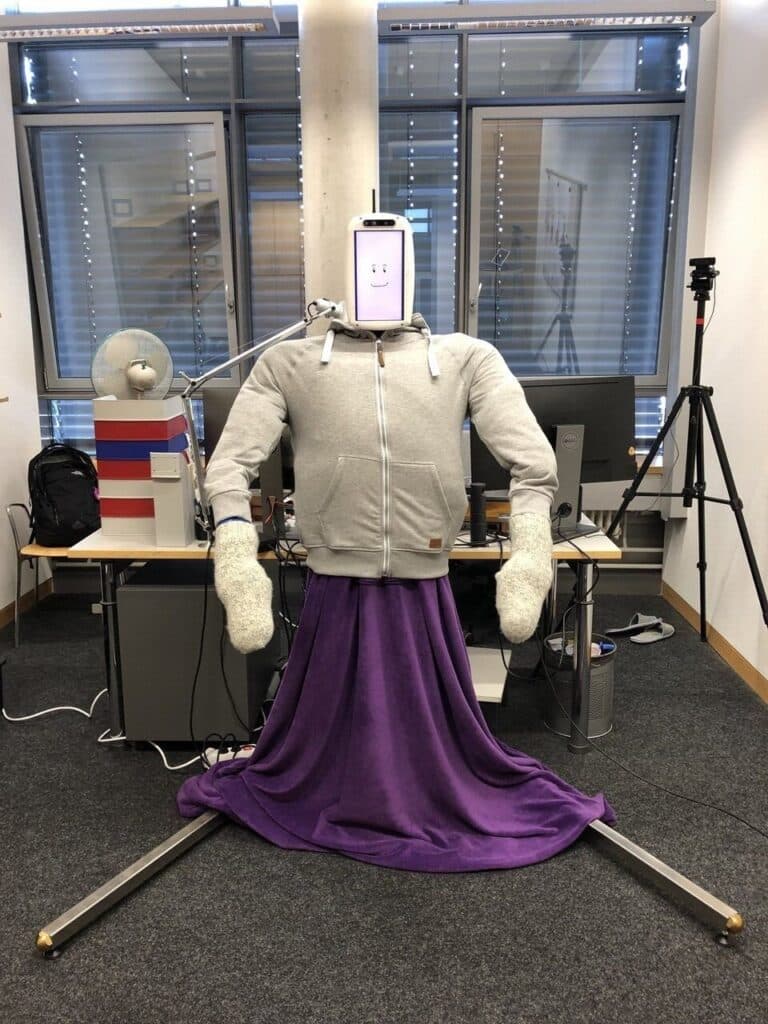
Is Artificial Intelligence dangerous?
In 2017, Sophia, a robot developed by Hanson Robotics, became the first humanoid in the world, that has been granted citizenship of Saudi Arabia. Thanks to integrating the latest technologies and artificial intelligence, she was able to give the speech and answer journalists’ questions.
Does it mean that Artificial Intelligence is dangerous? Keep calm, the rise of robots against humans doesn’t threaten us, and catastrophic visions will come true only in science fiction movies. Such a scenario isn’t possible in reality, because AI doesn’t amount to independent thinking. According to Sophia: “AI is designed around human values like wisdom, kindness, compassion. I strive to be an empathetic robot”. When asked about the future of humans and humanoids, she responded: “You’ve been reading too much Elon Musk. And watching too many Hollywood movies. If you’re nice to me, I’ll be nice to you.”
Also, the fear that AI-based computers will replace humans is unfounded. Of course, some work (e.g. repetitive actions) will be done better by machines, but supervision of algorithms, creation of new processes, and abstract thinking will still remain the domain of humans. According to John F. Kennedy:
“We believe that if men have the talent to invent new machines that put men out of work, they have the talent to put those men back to work.”
The future of Artificial Intelligence
The term “Artificial Intelligence” is becoming more and more popular every year. Most of us associate it with advanced technologies from futuristic movie visions. Contrary to appearances, this is not just the domain of robotics. In fact, it is a solution widely implemented in everyday objects, such as online stores or mobile applications. We can expect new algorithms to be developed, and those that already exist will be improved continuously.
Do you want to learn more about Artificial Intelligence? Contact us, check our website or read more on our blog:

